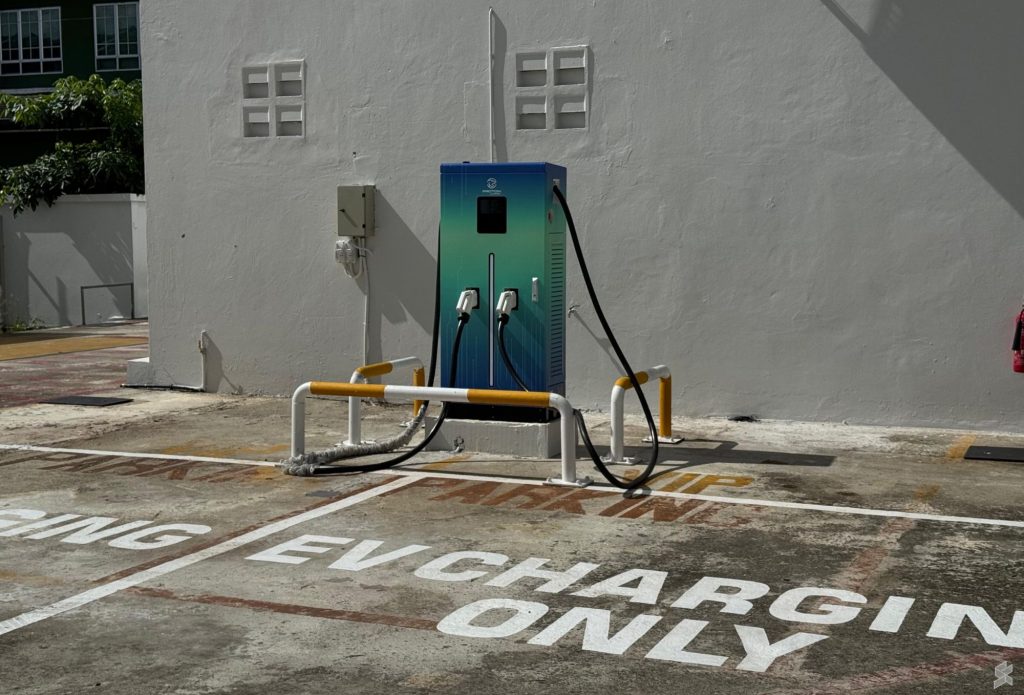Car accidents are unforeseen events that can have a significant impact on your life, both physically and financially. If you’ve been involved in a car accident, you may be entitled to compensation for your losses.
This blog post aims to shed light on the potential financial recovery from a car accident claim and the various factors that influence the amount you can expect to receive.
Understanding Car Accident Claims
1. Types of Car Accident Claims
Car accident claims can generally be categorized into:
- Property Damage Claims: These claims cover the cost of repairing or replacing your vehicle and other personal property damaged in the accident.
- Bodily Injury Claims: These are claims for compensation due to injuries sustained in the accident, which can include medical expenses, lost wages, and pain and suffering.
- Wrongful Death Claims: In unfortunate cases where an accident leads to death, the victim’s family may file a wrongful death claim to seek compensation for their loss.
2. Factors Affecting Claim Value
The value of a car accident claim is influenced by several factors, including:
- Severity of the Injury: More severe injuries typically result in higher compensation due to increased medical costs and longer recovery periods.
- Medical Expenses: This includes all costs for medical treatment you’ve received and may need in the future as a result of the accident.
- Lost Wages and Loss of Earning Capacity: If the injury impacts your ability to work, you may be compensated for current and future lost income.
- Pain and Suffering: Compensation for the physical pain and emotional distress caused by the accident.
- Comparative Negligence: In some states, if you’re found partially at fault for the accident, it can reduce the amount of compensation you receive.
- Policy Limits: The at-fault party’s insurance coverage limits can also affect your settlement amount.
Estimating Compensation Amounts
3. Economic Damages
Economic damages are quantifiable losses that include:
- Medical Bills: You can claim for all medical-related expenses, which are often a significant portion of economic damages.
- Rehabilitation Costs: Ongoing physical therapy or rehabilitation costs can also be included in the claim.
- Lost Income and Benefits: Any wages lost due to time off work for recovery are recoverable, as well as any impact on your future earning capacity.
- Repair or Replacement of Property: The cost to repair or replace your vehicle and any other damaged property can be claimed.
4. Non-Economic Damages
Non-economic damages are more subjective and include:
- Pain and Suffering: Compensation for the physical pain and discomfort experienced as a result of the accident.
- Emotional Distress: This covers the psychological impact of the accident, such as anxiety, depression, and trauma.
- Loss of Consortium: If the accident affects your relationship with your spouse, you may be entitled to compensation.
- Reduced Quality of Life: If the accident leads to long-term disabilities that affect your daily living, you can claim for reduced quality of life.
5. Punitive Damages
In cases where the at-fault party’s actions were particularly reckless or egregious, punitive damages may be awarded to punish the wrongdoer and deter similar conduct in the future. However, these are not common and are typically reserved for extreme cases.
Case Studies and Statistics
While each car accident claim is unique, looking at averages and case studies can provide a general idea of what to expect. For instance, the average payout for a bodily injury claim in the United States is approximately $15,443, according to the Insurance Information Institute. However, settlements can range from a few thousand dollars for minor injuries to hundreds of thousands, or even millions, for severe or disabling injuries.
For more specific guidance tailored to your case, consulting with a Bedford car accident lawyer can help you understand the value of your claim based on local laws and recent case outcomes.
The Claim Process
1. Filing a Claim
To initiate a car accident claim, you must:
- Notify the Insurance Company: Promptly inform your own insurer and the at-fault party’s insurer about the accident.
- Gather Documentation: Collect all relevant documents, such as police reports, medical records, and proof of lost wages.
- Submit a Demand Letter: After calculating your damages, you send a demand letter to the insurance company outlining your injuries and the compensation you’re seeking.
2. Negotiating with Insurance Companies
Insurance companies often start with a low initial offer. To negotiate a fair settlement, you should:
- Understand the Value of Your Claim: Knowing how much your claim is worth will help you determine whether an offer is reasonable.
- Counter Low Offers: Do not accept the first offer if it doesn’t cover your damages. Instead, present evidence to justify a higher compensation.
- Seek Legal Advice: An experienced car accident attorney can be instrumental in negotiating with insurance companies and ensuring you receive fair compensation.
3. Going to Court
If a settlement cannot be reached, you may need to file a lawsuit. Court proceedings involve:
- Filing a Complaint: This document outlines your case against the defendant and the damages you’re seeking.
- Discovery: Both parties exchange information and gather further evidence.
- Trial: The case is presented before a judge or jury, who will make a decision on liability and damages.
Call to Action
If you’ve been involved in a car accident, don’t face the daunting task of filing a claim alone. Contact a skilled attorney who can help you understand your rights and fight for the compensation you deserve. Your recovery is paramount, and with the right support, you can focus on healing while your legal team focuses on securing your financial future.
Frequently Asked Questions
1. How long does it take to settle a car accident claim?
The timeline for a settlement can vary greatly, from a few months to several years, depending on the complexity of the case and the willingness of parties to negotiate.
2. Will my case go to trial?
Most car accident claims are settled out of court, but if an agreement cannot be reached, a trial may be necessary.
3. How do I know if an offer is fair?
Comparing the offer to the total damages you’ve calculated and consulting with an attorney can help determine if an offer is fair.
4. Can I claim for emotional distress?
Yes, emotional distress is considered a non-economic damage and can be claimed if the accident has had a psychological impact on you.
Conclusion
The amount of money you can expect from a car accident claim depends on a multitude of factors, including the severity of your injuries, the impact on your life, and the insurance policy limits. While statistics provide averages, each case is unique, and understanding your rights and the value of your claim is crucial to ensuring you receive fair compensation.
It’s also important to remember that navigating the claims process can be complex and challenging, especially when dealing with insurance companies. Seeking legal advice from a professional, such as a Bedford car accident lawyer, can provide you with the expertise needed to maximize your claim’s value and guide you through the process.







